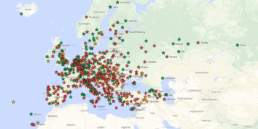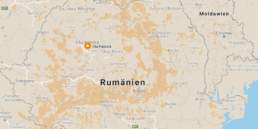AEGEE is facing several structural and thematic challenges in 2020. The way the association is tackling them will decide about the future of AEGEE in the new decade. The good news: the challenges are also great opportunities. While the previous article described chances for network growth, this article will analyse the opportunities for new projects and promotion.
2019 was a great year for AEGEE in terms of thematic events. Also the new Focus Areas look very promising. They are aligned with many interests members and potential members have. For sure they will inspire many great projects and events as well as give thematic input to existing projects such as the Summer University and Eastern Partnership +. This is absolutely necessary, if we want to fulfil the vision of our association: to strive “for a democratic, diverse and borderless Europe, which is socially, economically and politically integrated”. This very broad vision can only attract people if we offer attractive content on a wide range of topics. The Focus Areas are only a part of the overall picture. AEGEE also needs to take into account the megatrends and political developments of the new decade.
Just look at how this year started: the increasing conflict between Iran and the USA has also repercussions for Europe; many people are even afraid of a new World War. Also, in 2020 we will deal a lot with European issues like Brexit and with the future of the European Union. The world seems to have become a chess board with the dominant actors USA, China and Russia. Where does the EU fit in here? These are topics where AEGEE has an excellent record of bringing people with different opinions together, and also put students and decision makers in one room.
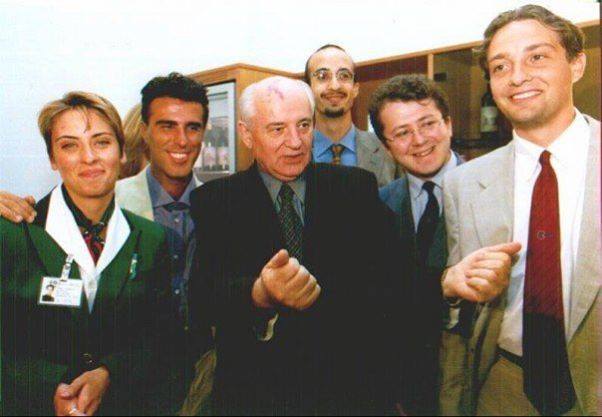
Some megatrends of the next years
So, what opportunities does AEGEE have? Just look at some current megatrends for the new decade. German blogger and author Sascha Lobo mentioned the following topics at a recent public discussion evening:
- Climate change
- The impact of globalisation
- Populism
- China’s path to economic world dominance
- Mass migration and integration of migrants and refugees
- Artificial intelligence and new technological challenges
- Social media and the impact on politics and society
You can add topics like:
- The future of mobility and transport
- Nationalism
- Multilateralism and the role of the EU, UN, Nato and other international institutions.
The European Strategy and Policy Analysis System (ESPAS) made a very good overview on the challenges of the decade 2020-2030 that you can find here. AEGEE members are very much interested in many of these topics, otherwise we would not have many great discussions about the future of technology and world conflicts beyond Europe at the Strategic Planning Meeting in Cologne. This is very promising, because AEGEE needs thematic events to make students interested in AEGEE. Cheap travelling and New Year’s events are not a strong selling point to non-members.
Even if many of the topics above are not included in the Focus Areas, AEGEE can still make excellent projects and stand-alone conferences about them. Actually, not doing it would be a shame, because many cities offer amazing opportunities for specific topics.
Just look at a city like Stuttgart. We have two of Europe’s most important car producers in this city. Plus, a lot of cutting-edge companies dealing with AI and mobility like Bosch. So, which place would be better suited for an international event about the future of mobility? There are speakers in huge numbers, as well as places we can visit and get first-hand impressions. And these first-hand impressions are an incredible selling point of AEGEE.
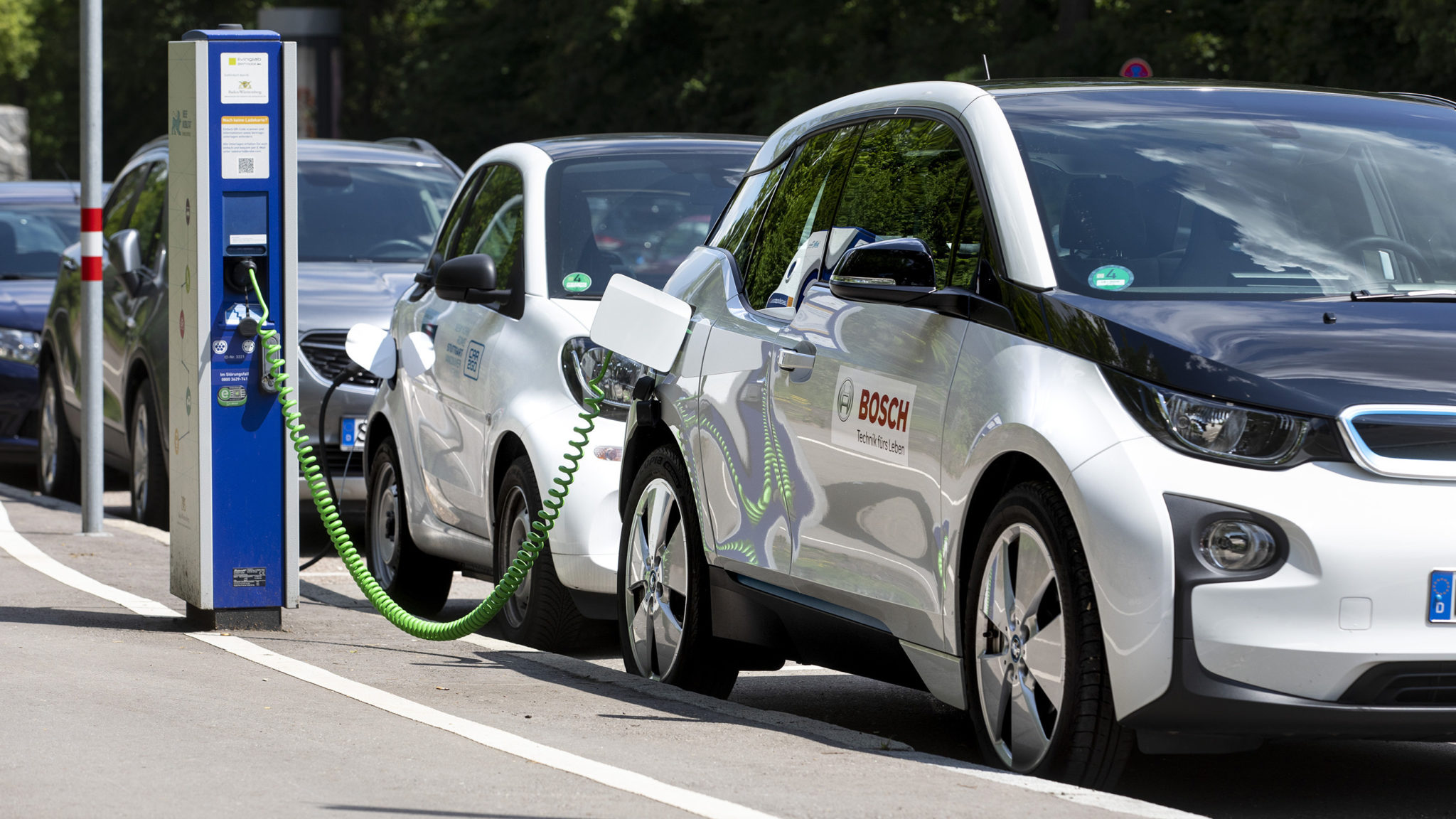
Bringing people to the hotspots of Europe
The strength of the association lies in its network and the people. We can visit places that others see only in the news. But: we must not only see them, but use them properly to get access to experts and decision-makers. This is very much true when it comes to projects dealing with political aspects in hotspot regions of Europe. It is therefore for example great to see initiatives like the Human Rights Day and the Eastern Partnership Project doing just that.
Nevertheless, AEGEE can do more. Last year, AEGEE missed out a great opportunity to discuss the solution of the almost 30 years of conflict between North Macedonia and Greece. On site. This has been a topic that was heatedly discussed in AEGEE and spawned landmark events like the “Via Egnatia TSU”. Another topic that was missed in 2019 was to acknowledge the 15th anniversary of the biggest enlargement wave the EU ever had: in 2004 ten countries joined the European Union at once. This would have been a perfect opportunity to see how European-minded these countries are and in which direction they develop.
But let’s not look at last year, let’s look ahead for new opportunities. Also here I would like to quote Luca Bisighini from his answers for the GT Year Review:
“I am waiting for many historic and dialogue projects to happen:
- A Balkan project to start to celebrate the heritage of Yugoslavia and face the heritage of its dissolution, current reality and future challenges;
- A Caucasus-based project to overcome the barriers and create actual dialogue overcoming the almost nothing happening between Armenia, Azerbaijan and Turkey due to their troubled history;
- A project in Cyprus uniting Levkosia and Magusa rather than having two separate entities in one island.
Leave out the differences, be examples for yourselves and your own societies and demonstrate you are different, one of a kind alike people who can move on. If you can’t do this in AEGEE, which offers some safe space, how can you pretend your societies will evolve for the better?”
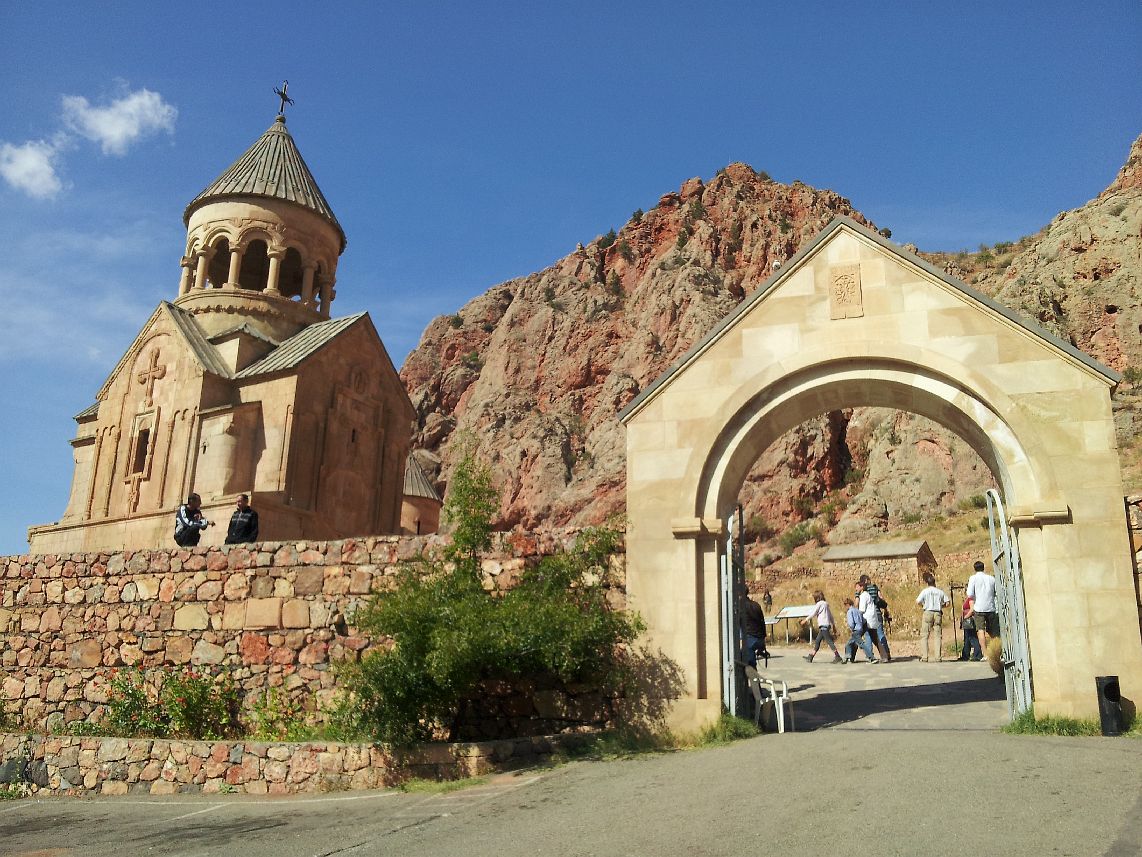
Regional projects are a great opportunity
Luca mentioned a great aspect here: all things he suggested are regional projects by a couple of antennae. Right now we have a lot of antenna exchanges. Many offer mainly fun activities. Just imagine how much more awesome they could be if you add a topic and open them up for the rest of the network?
I give you an example, again from the Stuttgart area where I live. This year will be the 75th anniversary of the end of World War Two. Soon after this war something incredible happened: the old enemies Germany and France became close friends. So, which year would be better to celebrate the German-French friendship and to examine the role of these countries in Europe and the world than a project involving German and French antennae? Stuttgart and Strasbourg would be fantastic locations, as well as Heidelberg and Kaiserslautern – the antenna in the latter city already has French contacts.
Or think of the legendary “storm of students”: In a well-planned operation on the 6th of August 1950, 300 young people demonstrated at the German-French border near Wissembourg/Weiler and St. Germanshof and tore down the toll-house barriers. Two of them – Christel and Matthias Heister – were the parents of four kids, each of them created at least one AEGEE antenna. We should commemorate that event on site! Below you will find the video about the event in 1950 in the English version, click here for the German version.
These bilateral projects are just one great example of regional projects of two, three or four events. They are easy to organise, they generate high public interests, they can put the antenna in the media spotlight – and in some cases there are also great fundraising opportunities.
So, let’s check out what we can do. In terms of peace and stability events as well as in the field of the mentioned megatrends. Let’s check out what would be the best events for your antenna and what your members are interested in!
AEGEE needs to open its events more
I just mentioned a small aspect: open up exchanges for the network. But why should we stop at the network when our aim is to offer opportunities for students in Europe as a whole? Let’s take some steps to make AEGEE more appealing than it is even now. I suggest:
- to open the many local thematic events open to the whole network and
- to promote international events to non-members.
The Corpus Iuridicum says about International Events, AEGEE Events and AEGEE-Europe Events: “The event should be open for participation to all AEGEE members, and whenever possible also to non-AEGEE members.” This is a great and very inclusive rule.
There are many topics of thematic events that can attract non-members. I experienced it for example during the AEGEE “Find Your Way” project. Their conferences on topics like information society, prejudices and nationalism aimed at having 50% of participants from outside of AEGEE. And here is the fun fact: the non-AEGEE participants were in average more interested in the conference topics and often contributed with controversial ideas that challenged our minds. AEGEE events simply get better with more participants that don’t have the AEGEE view on subjects. Plus, in the end many of the participants joined or even created a local. In short: it benefitted the network sustainability.
While some event organisers enable applications to everyone via Google form, unfortunately one needs be member of an AEGEE body in order to apply to any international event in the Calendar of Events on the MyAEGEE site. This is probably because the new Intranet is still in the development phase. It will surely be fixed soon. Of course, people can choose to create an Intranet account and to join an antenna, but this is creating barriers – especially if there is no antenna in town. So: we should follow the CIA rules and promote all international events which are not statutory events, trainings or NWMs more among non-members.
One might even consider opening up Summer University for non-members. In the past, many locals objected it because they were afraid to get less members. But first of all, this is not such a big obstacle anymore, seeing that last year there were more places than applicants. Moreover, there can be practical solutions:
- add 25 Euros to the fee if non-members apply. If they were made aware of the SU via a local, give that money to them; if they just stumbled across the SU website and want to apply without joining an association, give that money to locals in need
- tell the non-members that they get the 25 Euros refunded if they join an antenna after the SU
- make the non-members aware that they might be preferred in the selection process, thus giving them an inventive to join a local
- if there is no antenna in their city, offer them the chance to become a Contact. If they manage to register as one, return the 25 Euros to them.
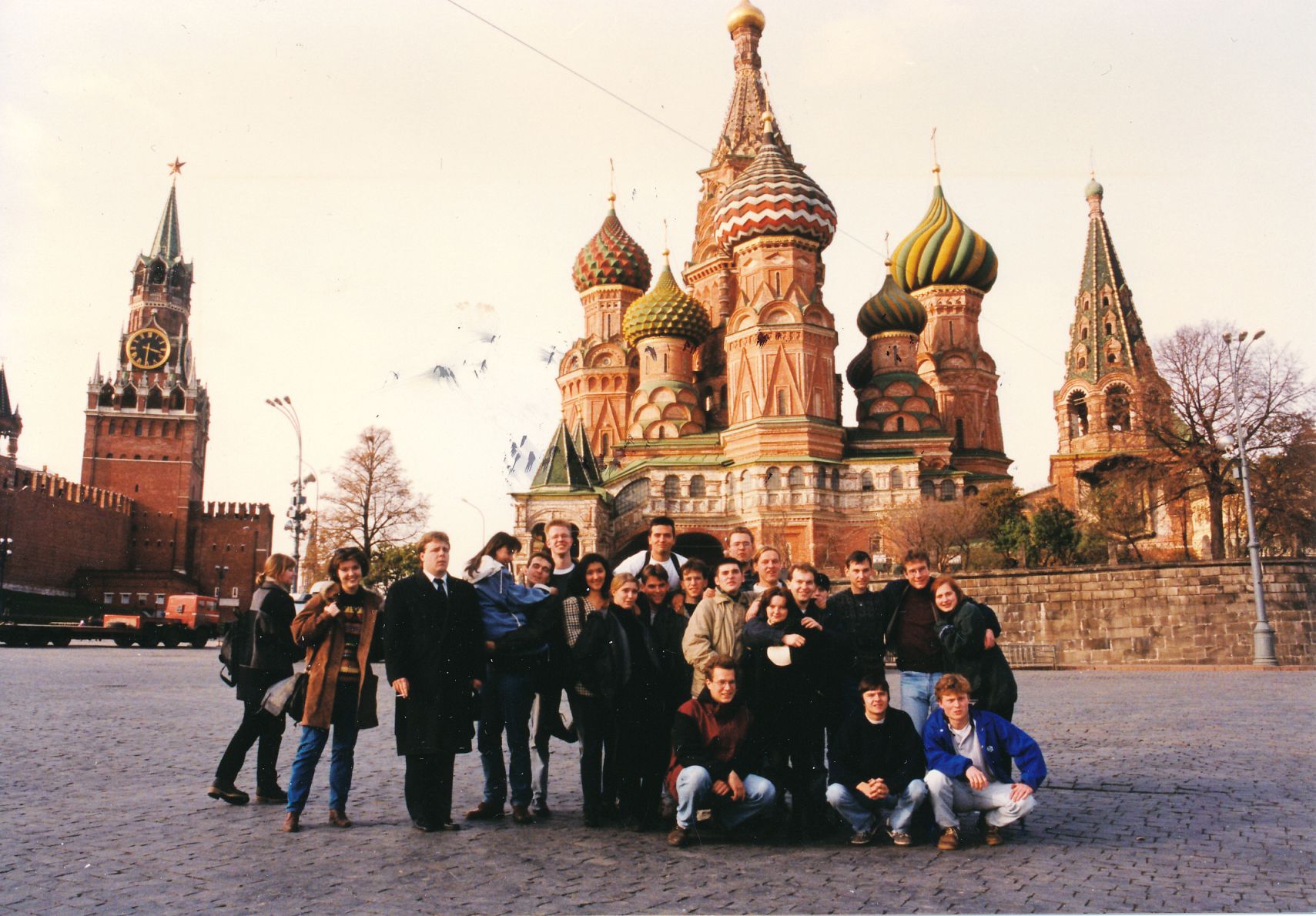
AEGEE needs to promote its events better
But how can non-members find out about the AEGEE events? Unfortunately, AEGEE is very much stuck in its own bubble when it comes to event promotion – with the great exception of the Summer University project. Social media offer a lot of opportunities to promote events. However, social media also create so much white noise on the Internet that we need to try harder to get our message seen.
The Summer University Project are our spearhead in promotion, with a good homepage, PR materials and now the excellent initiative to officially grant antennae money for social media promotion. Yes, there is still room for improvement when it comes to SU promotion: for example by providing a concrete schedule of the activities of every SU day, more photos and videos about the locations the participants will visit or even video interviews with speakers and trainers that will instruct them.
Also information about the previous Summer Universities of that local would be good. Reviews by past participants should be a must – just look at sites like Booking.com or Amazon: everyone reads reviews, because they are peer-to-peer information. Ratings would also be a great addition. All this can help so that potential participants will get a good image and apply. Some antennae are doing this and provide for example links to videos of their events, but standardising it might be good.
AEGEE needs to learn from the professional world

Let’s start to apply the standards we have for Summer Universities for the rest of AEGEE’s events. Now we have a great new Calendar of Events. It will surely be linked soon to the top of the AEGEE homepage so that interested potential participants can find the Calendar easier than now. At the moment one still has to scroll down to the middle of the homepage. A good solution would also be to put a small feed with future events right on the www.aegee.org page.
AEGEE can learn a lot here from other associations like BEST and EGEA, the association of geography students. Both of them puts a link to their events right on top of their homepage. BEST’s event calendar best.eu.org/courses/list.jsp provides a lot of useful info – for example an event schedule and a survival guide. Also EGEA’s event list looks really good: https://egea.eu/activities-list/. What I like at the EGEA site is also the archive of past events. Because, just like reviews attract people, an overview of what AEGEE did in the recent years would display the great work of the past. With photos and reviews of course.
Really nice: BEST offers a schedule for every single future event, also EGEA has that feature, as this link shows. In many cases there is also a presentation of speakers and the content of workshops. This looks like a great way to market AEGEE events as well. Even if some programme elements are still subject to change or need to be refined, it still gives a very good impression what the participants will get for their money.
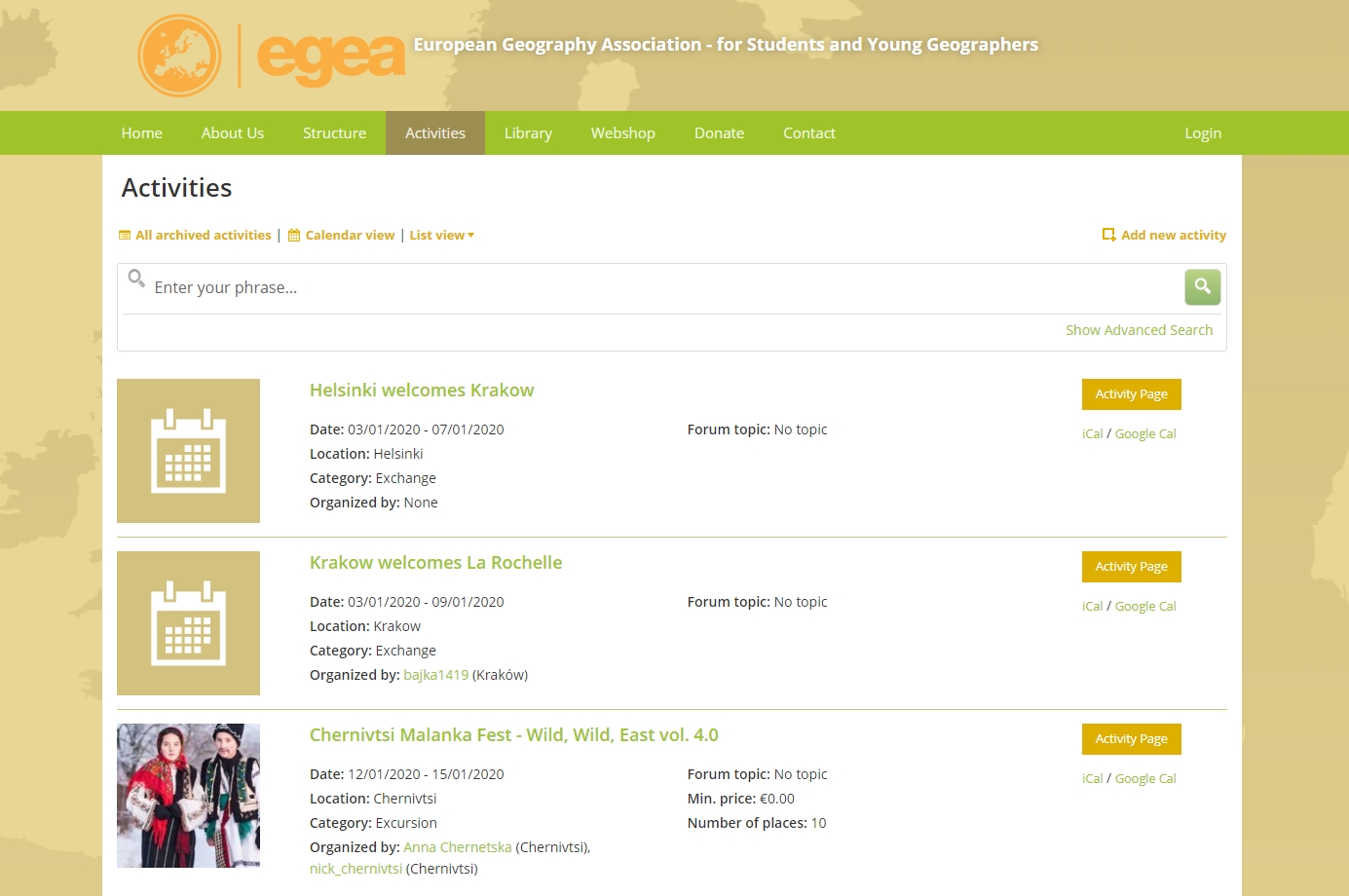
Let us learn from professional companies
AEGEE needs to take lessons also from professional tour operators and training companies that put their trips and events in newsletters, promotion mails, on websites, in leaflets and newspapers. They present the programme with a short article, photos of all major stops or elements and a daily breakdown of activities. They need to market their events in order to survive – AEGEE needs to do the same: create the right PR materials that would attract non-members, identify the promotion channels and take money in the hand to promote the events.
There is no shame in taking inspiration from professional travel or training companies. On the contrary: AEGEE is a learning experience, so let’s get inspired, apply it and try to improve it.
Check out also the previous article: https://www.aegeegoldentimes.eu/aegee-in-2020-1/
Cover photo: Mario Salerno/European Parliament
Related Posts
6th January 2020
AEGEE in 2020: Seizing new opportunities – Part 1
AEGEE is facing several structural and thematic challenges in 2020. This article describes chances for network growth

